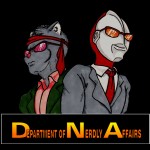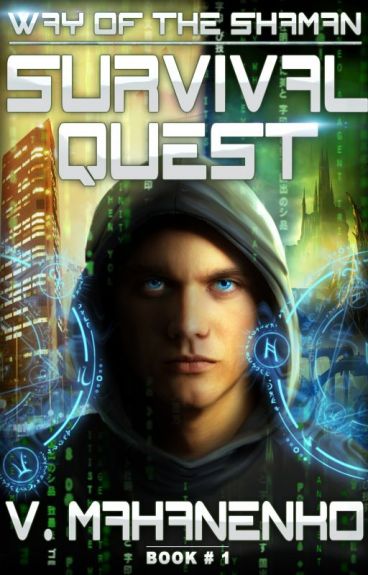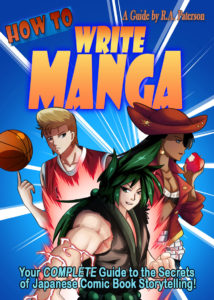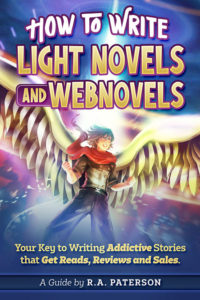

In this episode, Rob and Don sit down with Jimmy Shi, co-founder of Moonquill Publishing to talk about his company and his experiences as a independent book publisher specializing in light novels. The three discuss the English webnovel community, the challenges of running Moonquill, and why Jimmy needs to be more evil. All this, and Don’s big trillion-dollar Romance novel formula, is waiting for you in this episode of The Department of Nerdly Affairs.
Closing Music:
Ode to Joy performed by Oliver Eckelt
Things Discussed:
Moonquill.com
Jin Yong
Gu Long
SPCnet.tv Forums (the birthplace of English Wuxia)
Wuxiaworld
The Adventures of Lu Xiao Feng
Lord of Goblins
Royal Road
ScribbleHub
Novel Updates
The Ride-On King
Moonquill Podcast
Influence by Robert Cialdini





